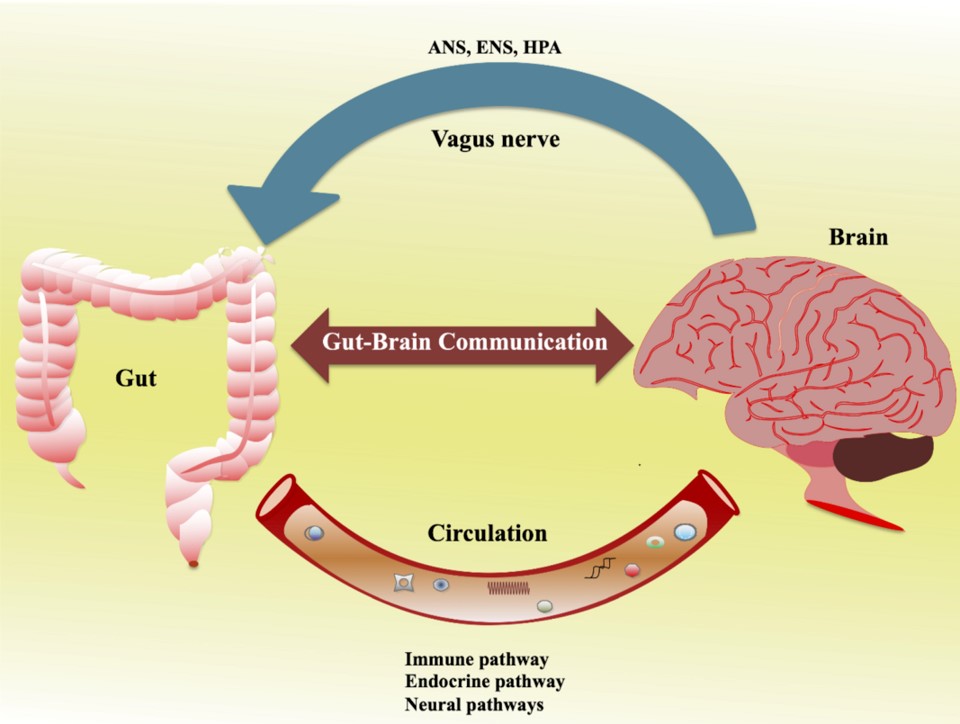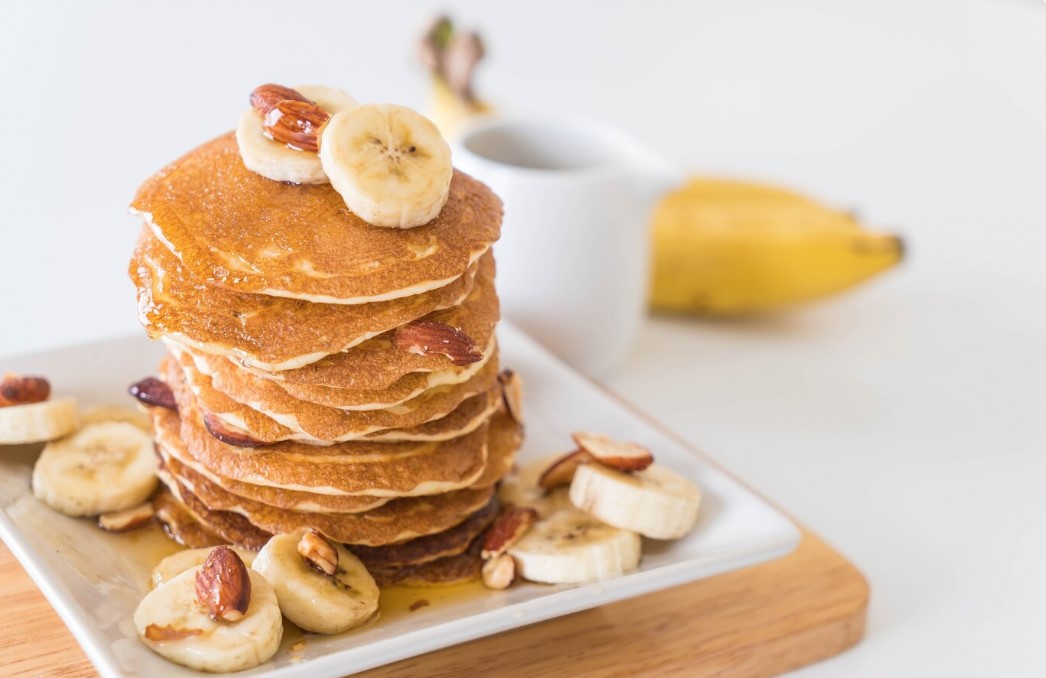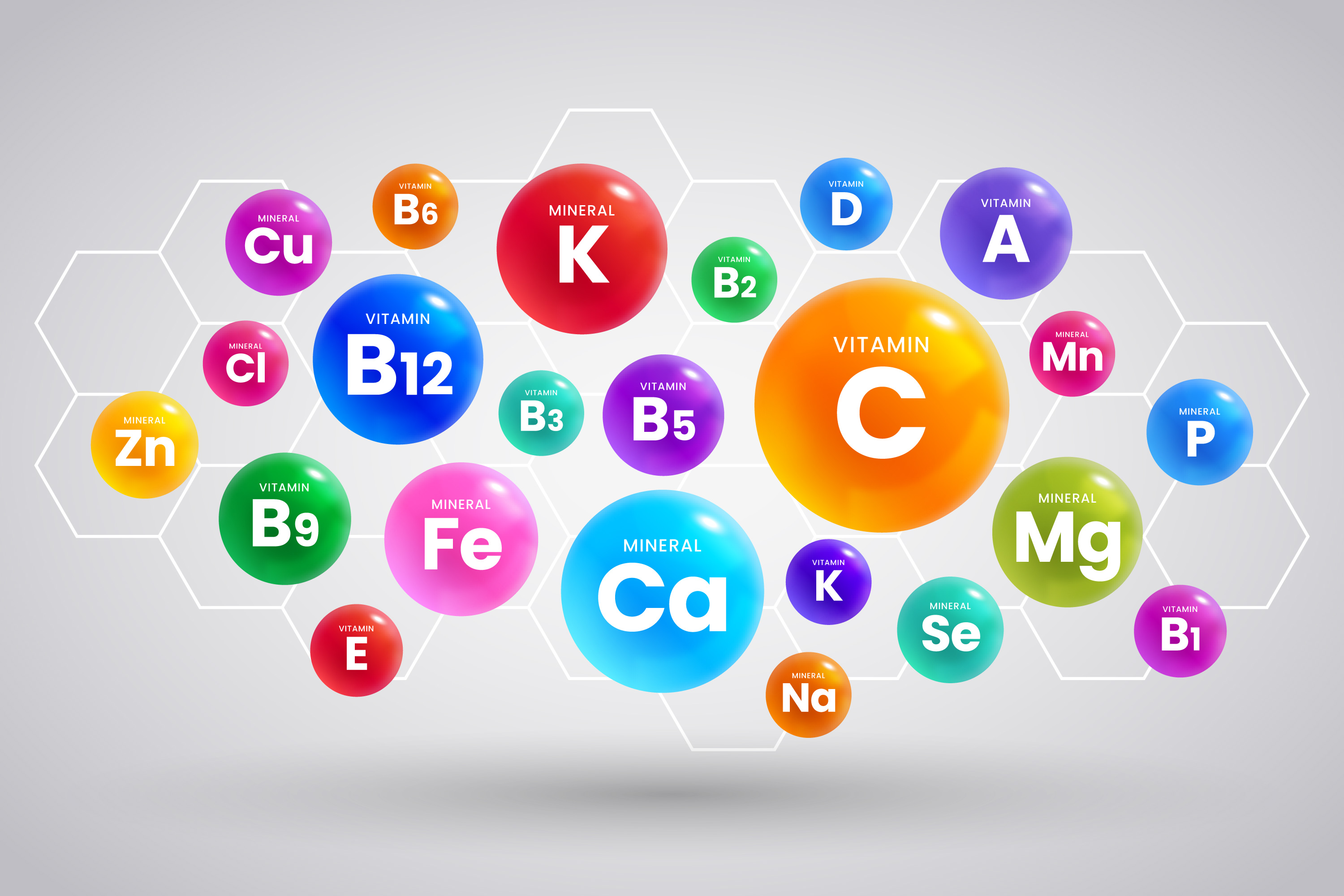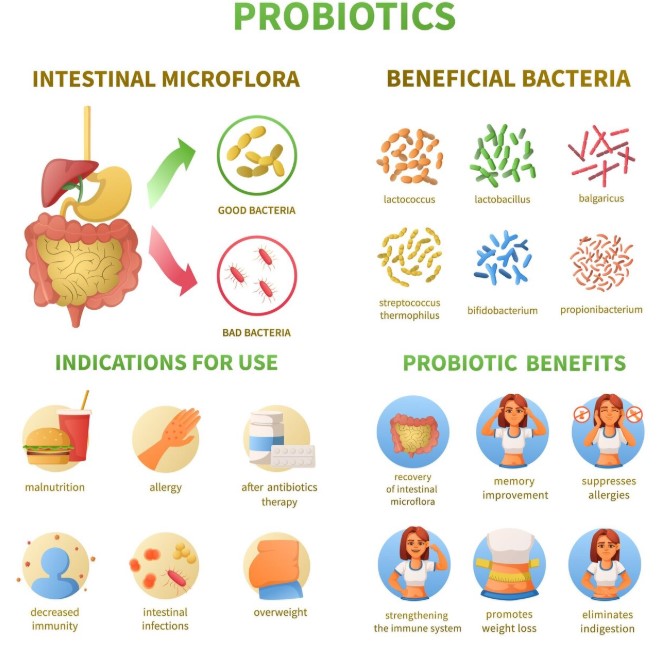Gut-Brain 101 for Little Ones: Why Early Gut Health Matters in Autism (Ages 0-3)

Introduction
As a parent, you might already sense how closely the tummy and brain are connected. (Think about how “butterflies in the stomach” happen when a child is excited or nervous!) This is no coincidence – our gut and brain are in constant two-way communication. In fact, the gut has so many nerve cells sending signals that it’s often called our “second brain.” For babies and toddlers, especially those with or at risk for autism, this gut-brain connection can play an important role in their development and daily comfort.
Imagine that your little one’s belly and brain have a chat line open all day long. Trillions of “good bugs” (beneficial bacteria) living in the gut produce chemicals that send messages to the brain, influencing things like mood, sleep, and even learning. Early childhood is a critical time when both the gut microbiome and the brain are growing rapidly – they essentially shape each other. Many children on the autism spectrum also experience tummy troubles (it’s common for kiddos with ASD to have issues like constipation or stomach pain), hinting that what happens in the gut can affect how they feel and behave. The good news is that by nurturing a healthy balance in your child’s gut early on, you may support not only smoother digestion but also a happier mood and possibly even milder autism-related behaviors. It’s about helping them feel their best from the inside out.
How to Get Started
Building a healthy gut for your baby or toddler doesn’t require any drastic changes. Here are some gentle, actionable steps to support gut health from infancy through early childhood:
- Start with nourishing milk: Breast milk is a wonderful first food for gut health – it contains prebiotics that feed good bacteria and antibodies that protect the gut. If you’re formula feeding, that’s okay too! Many infant formulas now include added prebiotic fibers or probiotics. The key is that your baby is getting the nutrition they need to grow a healthy gut lining. (Tip: fed is best, so do what works for your family without guilt.)
- Introduce tummy-friendly solids slowly: When your baby is ready for solid foods (usually around 6 months), go slow and steady. Offer a variety of natural, high-fiber foods that “feed” the good bugs in their belly. Examples include pureed veggies (like sweet potatoes or peas), mashed fruits (like banana or avocado), and infant cereals or oats. These foods help beneficial bacteria thrive and can prevent constipation. Introduce one new food at a time and watch how your little one’s tummy responds.
- Include probiotic-rich foods (as they get older): As your child grows into toddlerhood and can handle more foods, consider adding friendly bacteria into their diet. A few spoonfuls of yogurt with live cultures (if dairy is tolerated) or age-appropriate sips of kefir or bites of other fermented foods can introduce helpful microbes to their gut. Even probiotic drops or powders (made for infants) are an option – ask your pediatrician if they’re appropriate for your baby. These additions can gently boost the diversity of good flora in their digestive tract.
- Watch out for antibiotics (and use wisely): Antibiotics can be lifesaving when fighting infections, but they also wipe out both bad and good bacteria in the gut. If your child ever needs an antibiotic, use it exactly as prescribed by the doctor. You can ask the pediatrician about ways to support your baby’s gut during and after the course – for example, giving probiotic supplements or probiotic-rich foods a few hours apart from the medicine. And if antibiotics aren’t necessary, it’s okay to ask the doctor about alternatives or if it’s safe to wait and see. Being mindful of antibiotic use helps protect your little one’s delicate microbiome.
- Stay attuned to your child’s digestion: You know your baby best. Pay attention to their tummy signals – are they gassy, crampy, or having trouble with poop regularly? If you notice frequent digestive discomfort, talk with your pediatrician. Sometimes simple adjustments (like switching to a different formula, trying a hypoallergenic diet if there’s a suspected intolerance, or adding a bit more fiber and fluids for a toddler who’s constipated) can make a world of difference. By responding early to gut issues, you prevent small problems from snowballing and keep your child’s belly happy.
Takeaways
- Gut and brain grow together: Early childhood is a special window when the gut’s development and brain development are tightly linked. A healthy gut environment (full of balanced, “friendly” bacteria) creates signals that support a healthy brain and immune system. In short, what’s good for the tummy tends to be good for the mind!
- Autism and the gut are connected: Kids on the autism spectrum often have sensitive tummies or unique gut microbiomes. While autism has many causes (mostly genetic), the gut-brain connection is one piece of the puzzle. Caring for gut health early on can help autistic children feel more comfortable physically (less tummy pain or GI upset) and that can translate into better mood, more focus, and even improvements in sleep or behavior. It’s not a magic cure, but it can give them a positive boost.
- Small steps make a big impact: You don’t need to be a scientist to support your little one’s gut health. Simple everyday choices – like nourishing them with breast milk or quality formula, introducing wholesome foods, avoiding unnecessary antibiotics, and maybe adding a bit of “good bacteria” here and there – all add up to a stronger foundation. By starting these habits early, you’re laying groundwork for your child’s lifelong health and development.
Recommendations
- Add a probiotic boost: If your child is old enough for solids, offer a few spoonfuls of plain yogurt (full of live cultures) as a snack. For younger infants, ask your pediatrician about infant probiotic drops. Introducing some friendly bacteria can help balance their gut – think of it as planting “good seeds” in their tummy garden.
- Feed the good bugs with fiber: Pick one fiber-rich food to include in your little one’s meals today. For a baby, it could be a new pureed veggie or a little bit of mashed banana. For a toddler, maybe add an extra serving of fruit, veggies, or whole grains at snack time. Fiber is basically food for the helpful gut microbes, and it helps keep digestion regular. (Don’t forget to give them a few sips of water with fibery foods to keep things moving smoothly.)
- Encourage a bit of (safe) mess: If the weather allows, let your child have some supervised playtime outdoors in the grass or sandbox. A little playing in the dirt (and with pets) can expose them to beneficial natural microbes and strengthen their gut and immune system. You don’t have to keep them ultra-sterile all the time – a bit of safe mess and exploration is actually healthy for their microbiome.
- Tummy TLC for comfort: Try a gentle tummy massage for your baby, or do “bicycle legs” (gently pumping their legs as if riding a bike) for a few minutes. These simple actions can relieve gas and calm an uneasy tummy. For toddlers, a warm bath can relax belly muscles if they seem uncomfortable. A content, comfy gut often means a happier child – sometimes you’ll notice fewer tantrums or better sleep when their digestion is at ease.
References
- Chernikova, M.A., et al. (2021). The Brain-Gut-Microbiome System: Pathways and Implications for Autism Spectrum Disorder. Nutrients, 13(12), 4497.
- Laue, H.E., Coker, M.O., & Madan, J.C. (2022). The Developing Microbiome From Birth to 3 Years: The Gut–Brain Axis and Neurodevelopmental Outcomes. Frontiers in Pediatrics, 10:815885.
- Bölte, S., et al. (2023). Early-life differences in the gut microbiota of infants at elevated likelihood of developing autism. Translational Psychiatry, 13(1), 257.
- Jayashankar, A., et al. (2025). Relationships between brain activity, tryptophan-related gut metabolites, and autism symptomatology. Nature Communications, 16(1), 3465.
Stay Up to Date
Join hundreds of families staying connected to the latest expert-backed insights on kids' and teens' mental health — from nutrition, lifestyle, and supplements to psychology, tech, and therapeutic tools.


.png)







.png)
.png)
